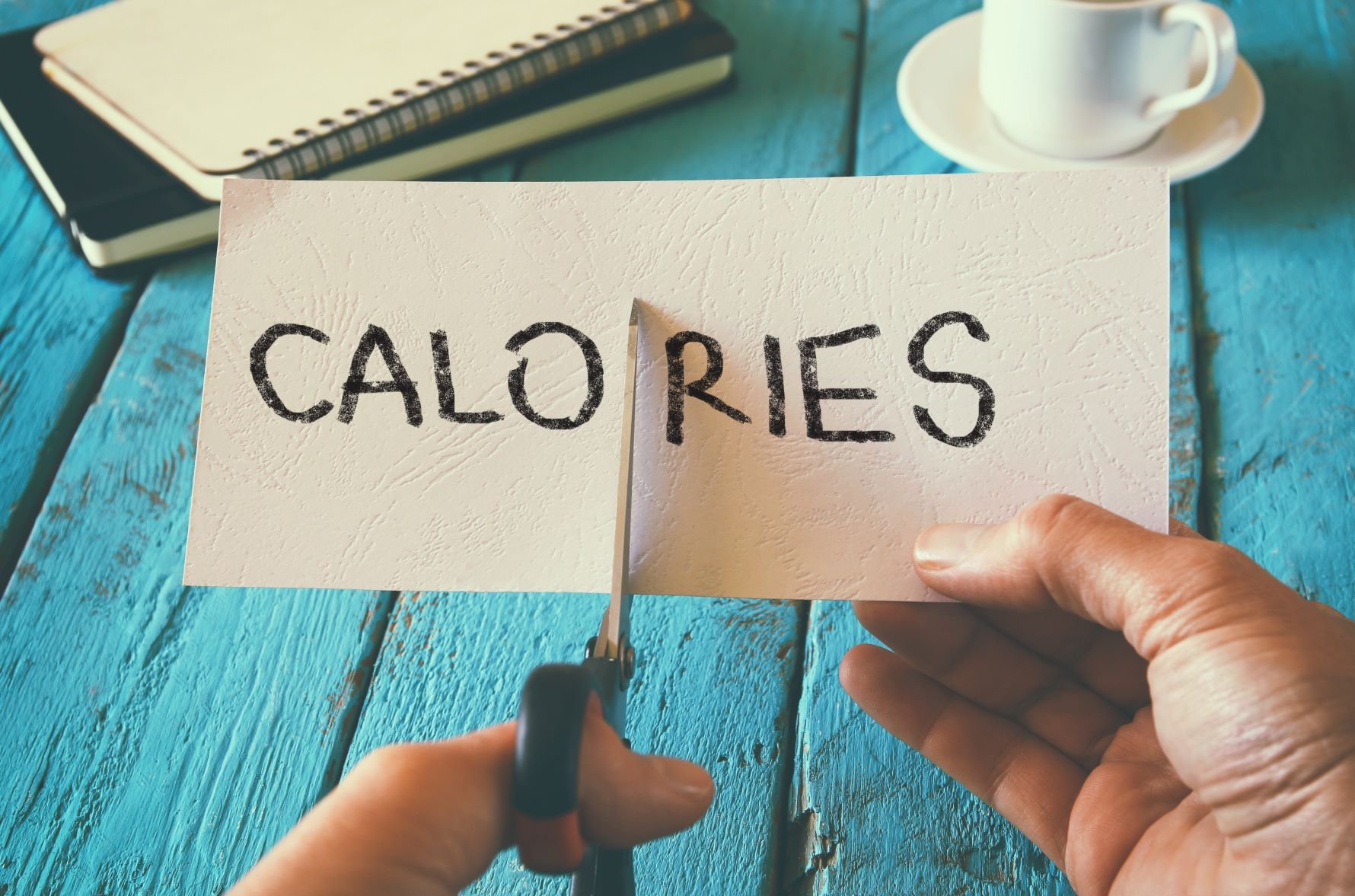Introduction
Burning calories is more than just a buzzword in the world of fitness; it’s a crucial part of maintaining a healthy lifestyle. But why is it so important? The process of burning calories helps regulate body weight, improves metabolism, and supports overall physical and mental health. Moreover, it reduces the risk of chronic diseases like diabetes, heart disease, and obesity.
At its core, calorie burning refers to the energy your body uses to perform daily activities, from breathing to exercising. This energy expenditure is influenced by several factors, including age, gender, activity level, and metabolism. Understanding these principles can help you make effective lifestyle changes to optimize calorie burn and improve your health.
Effective Methods to Burn Calories
1. Exercise and Physical Activities
Cardio Workouts
Cardiovascular exercises are one of the fastest ways to burn calories. Activities like running, swimming, jumping rope, and cycling engage large muscle groups, increasing heart rate and calorie burn. For example, a 30-minute run can burn between 300-500 calories depending on your intensity and body weight.
Strength Training
Building muscle through weight lifting or bodyweight exercises (like push-ups and squats) increases your resting metabolic rate, meaning you’ll burn more calories even when you’re not exercising. Incorporating strength training 2-3 times a week can lead to significant long-term benefits.
Yoga and Flexibility Exercises
While yoga may not burn as many calories as cardio, it improves muscle tone, reduces stress, and enhances flexibility, which can indirectly boost calorie burn. Try power yoga or vinyasa flows for a more intense session.
2. Adjusting Your Diet
Eat Smaller, Frequent Meals
Eating smaller meals throughout the day can keep your metabolism active, preventing energy dips and promoting consistent calorie burning.
Stay Hydrated
Drinking enough water is essential. Studies show that drinking water can temporarily boost metabolism, helping you burn a few extra calories.
Choose Fiber-Rich Foods
Foods high in fiber, such as vegetables, fruits, and whole grains, take longer to digest, keeping you full longer and reducing overall calorie intake.
Limit Sugary Drinks and Processed Foods
Cutting back on sugar-laden drinks and highly processed snacks can significantly reduce empty calorie consumption, encouraging your body to burn stored fat instead.
3. Lifestyle Changes
Get Enough Sleep
Lack of sleep disrupts hormonal balance, leading to increased hunger and reduced energy expenditure. Aim for 7-9 hours of quality sleep each night to support healthy metabolism.
Manage Stress
Chronic stress triggers the release of cortisol, which can increase appetite and slow metabolism. Practice stress-relieving techniques like meditation, deep breathing, or spending time outdoors.
Stay Active Throughout the Day
Incorporate more movement into your daily routine, such as taking the stairs instead of the elevator, walking or biking to work, or doing household chores.
Tips for Burning Calories More Effectively

- Make Use of Free Time: Utilize breaks at work or home to perform quick exercises like stretching or bodyweight squats.
- Workout at Home: Online workout videos and fitness apps make it easier than ever to burn calories from the comfort of your home.
- Walk or Bike More Often: Replace short car trips with walking or biking to increase daily calorie burn.
- Active Household Chores: Turn cleaning and gardening into mini-workouts by adding intensity or speed.
Leverage Technology
- Activity Tracking Apps: Tools like Fitbit or Apple Health can monitor steps, calories burned, and activity levels to keep you on track.
- Home Workout Apps: Platforms like YouTube or Peloton provide guided exercises tailored to your goals and fitness level.
Find a Workout Buddy
Exercising with friends or joining a community group can boost motivation and make physical activity more enjoyable. Studies show that people are more likely to stick to their routines when they work out with others.
Things to Keep in Mind

- Practice Proper Form: Avoid injuries by learning the correct techniques for exercises. Seek guidance from trainers if needed.
- Combine Diet and Exercise: Sustainable calorie burning requires a balance of physical activity and mindful eating.
- Stay Consistent: Results take time. Focus on long-term habits rather than short-term fixes.
Conclusion
Burning calories is not just about weight loss—it’s about embracing a healthier, more active lifestyle. From improved physical fitness to better mental well-being, the benefits are extensive. By incorporating simple habits like exercising regularly, eating mindfully, and staying active throughout the day, you can make a lasting impact on your health.
Remember, the key to success lies in consistency and finding what works best for you. Start small, stay committed, and enjoy the journey to a healthier you.



